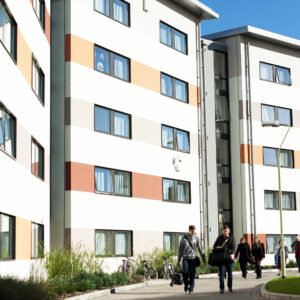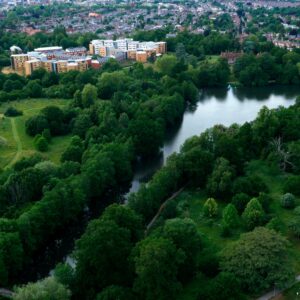Architectural Engineering

Our Architectural Engineering Courses
Use the menu below to find out more about the courses we offer within Architectural Engineering.
What Our Students Say
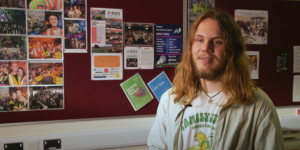
Study Architectural Engineering at the University of Reading
At the University of Reading, we offer architectural engineering as a BEng and a MEng degree.

Switching from BEng to MEng Architectural Engineering
During Daniel’s second year on the BEng Architectural Engineering course, he decided to switch to MEng Architectural Engineering to get the most out of his time studying in the UK.

Pursuing a passion for sustainable design
Before studying MEng Architectural Engineering at the University of Reading, Mark worked as a mechanical engineer in the motorsport industry, but later decided on a change of career.

Embracing a wide variety of topics throughout modules
Current student, Izzy, talks about how she made the switch from BEng Architectural Engineering to MEng Architectural Engineering and how this has benefitted her studies.

An opportunity to be both technical and creative
MEng Architectural Engineering student, Archie, talks about why he chose the University of Reading and types of topics he has enjoyed studying on the course.
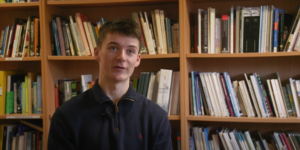
Reading University Construction Society (RUCS)
Vice-President of the RUCS society, Harry, talks about the types of events they host for students in the School of Construction Management and Engineering.

Read more stories from the School of Built Environment
We have exceptional students whose work at the University has inspired them to follow their passions and become successful. Find out more about their stories.
What else does Architectural Engineering have to offer?

Careers in the built environment
Colleagues from the School of Construction Management and Engineering explain the types of careers both undergraduate and postgraduate students choice to pursue.
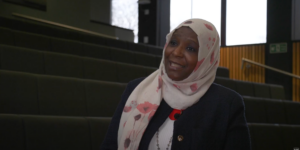
Diversity and support in the School of the Built Environment
Colleagues talk about our cultural environment, support for students and student societies.
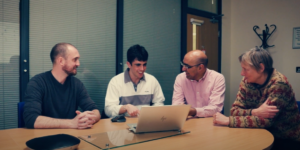
A net zero carbon future
Architectural Engineering students work collaboratively with staff to develop tools that can help to find solutions for decarbonisation heating systems and the transition to a more sustainable future.
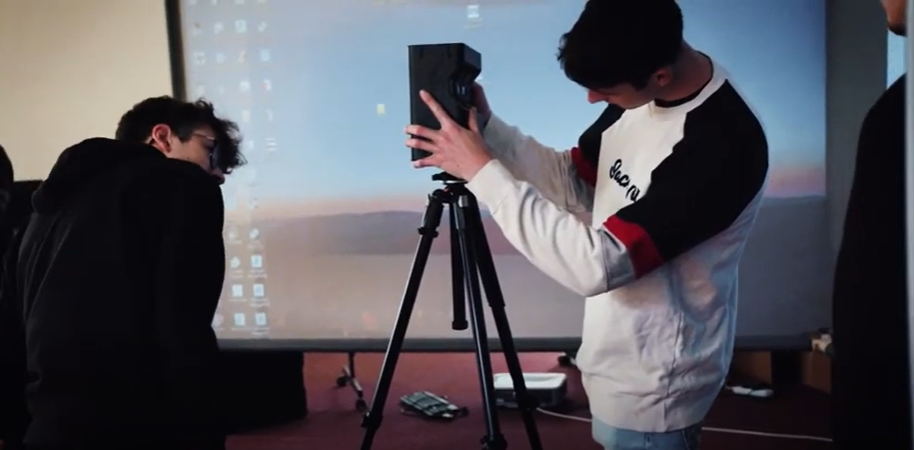
Using digital technologies
First-year Construction Management and Engineering students use laser scanners and infrared cameras to create 3D models of buildings.

Reducing our carbon footprint
University of Reading climate expert Dr Eugene Mohareb explores ways to reduce his carbon footprint.
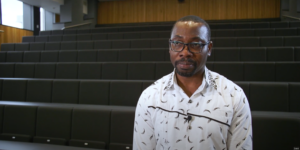
Research in the School of the Built Environment
Our Built Environment research groups include: Energy and Environmental Engineering; Organisation, People and Technology; and Urban Living.

Dr Mehdi Shahrestani’s research interests
Dr Mehdi Shahrestani's research focuses on the transition to a net-zero carbon future.
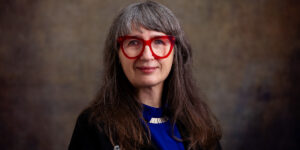
Professor Cristina Cerulli’s research interests
Professor Cristina Cerulli is passionate about creating a shift towards a more just and equal society, and aims to counter inequality through practices of care whilst implementing alternatives.

Professor Tabarak Ballal’s research interests
Professor Tabarak Ballal's recent research revolves around social value in residential design.

Dr Laura Maftei’s research interests
Dr Laura Maftei's recent research project looked at how we can use VR and digital technologies to address broader societal issues, including improving patients' experiences in hospitals.

Professor Irem Dikmen’s research interests
Professor Irem Dikmen's research looks at climate risk and resilience.

Dr Emmanuel Essah’s research interests
Dr Emmanuel Essah has worked with a colleague in South Africa to look at the impact of climate change on energy consumption.

Greener building design helps China stay cool
Researchers at Reading have developed a new model to improve the design and sustainability of buildings in China, to optimise ambient temperature control while minimising energy consumption.

The big green energy balance
Research by the University of Reading is helping the UK move towards a ‘net zero’ carbon electricity system while improving affordability and accessibility.

